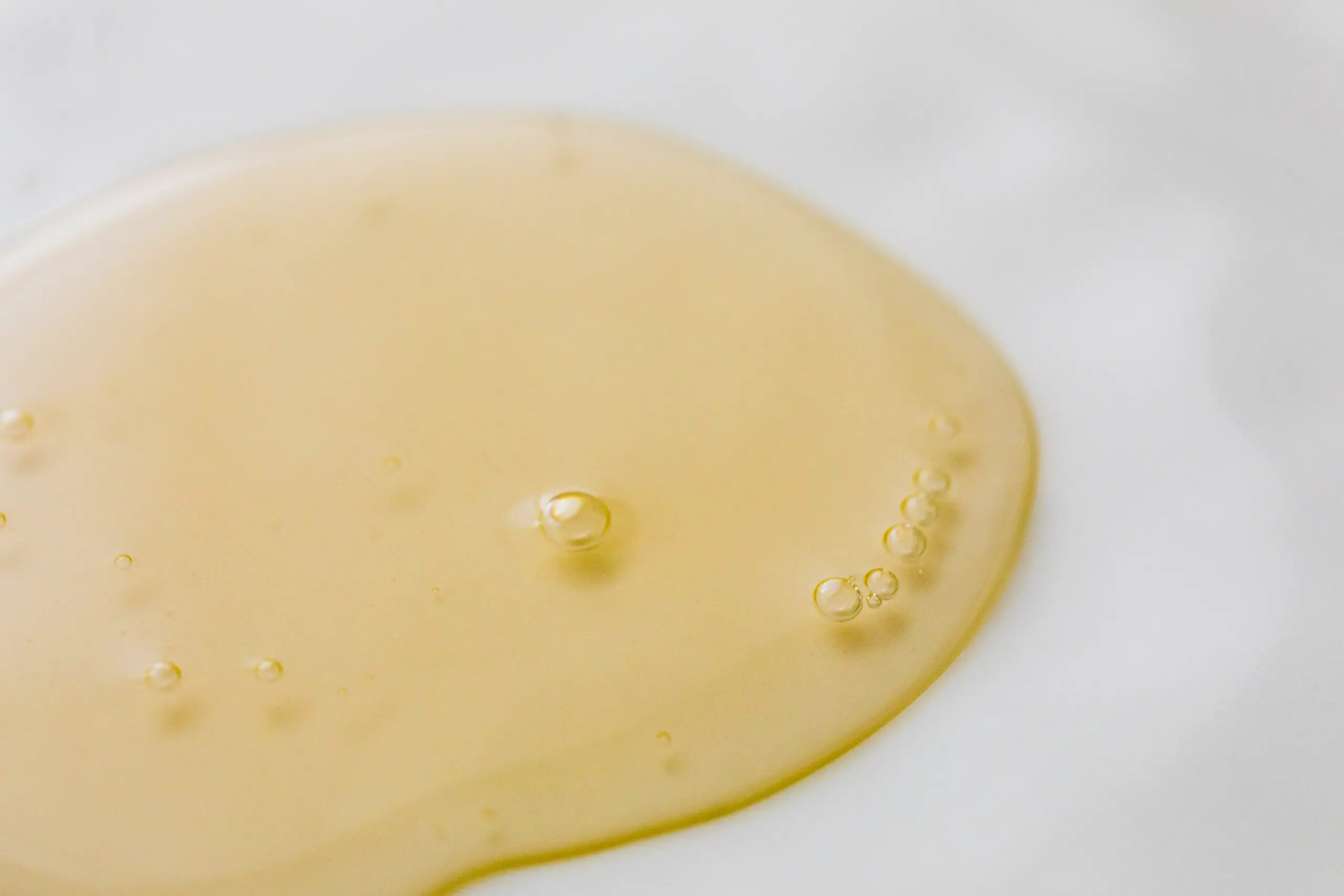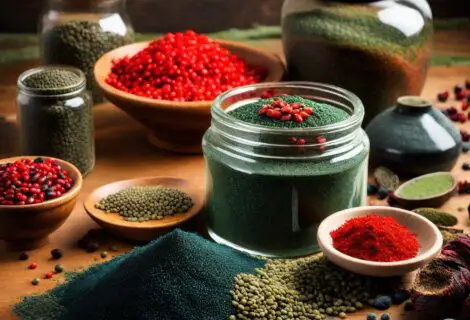11 Unique Uses for Listerine
Introduction
Listerine, the popular mouthwash, offers a range of benefits beyond just freshening your breath. In this post, we’ll explore 11 unique uses for Listerine that might surprise you. But first, let’s discuss what Listerine is and what makes it so versatile.
What is Listerine?
Listerine is an antiseptic mouthwash that was first introduced in 1879. It contains active antimicrobial ingredients, such as eucalyptol, menthol, methyl salicylate, and thymol, which are derived from natural sources like eucalyptus, mint, wintergreen, and thyme. These ingredients give Listerine its powerful germ-killing abilities, making it effective for oral care and various other uses, as we will discuss below. You May like…41 Curious Health and Wellness Statistics.
-
Cleaning and Disinfecting
A Multipurpose Cleaner
Listerine can be an effective cleaner and disinfectant due to its antiseptic properties. It can help keep your home clean and germ-free. Here are a few cleaning hacks:
-Glass and Mirror Cleaner
Mix equal parts Listerine and water in a spray bottle. Spray the solution onto glass surfaces and mirrors, then wipe with a microfiber cloth for a streak-free shine. The natural oils in Listerine help break down grime and leave a pleasant scent.
-Disinfecting Surfaces
Mix one part Listerine with two parts water in a spray bottle. Use this solution to disinfect countertops, doorknobs, and light switches. The antimicrobial properties of Listerine will help to kill bacteria and viruses, leaving your surfaces clean and safe.
-Garbage Disposal Deodorizer
Pour a cup of Listerine down your garbage disposal to eliminate unpleasant odors and keep it smelling fresh. The antimicrobial ingredients in Listerine will help to break down food particles and kill odor-causing bacteria.
-
Personal Care
Treating Dandruff and Itchy Scalp
Listerine’s antifungal properties can help combat dandruff and soothe an itchy scalp. Mix equal parts Listerine and water, apply the solution to your scalp, let it sit for a few minutes, and then rinse. The active ingredients in Listerine work to eliminate the fungi responsible for dandruff while also providing a cooling sensation.
Foot Care
-Athlete’s Foot Remedy
To fight athlete’s foot, soak your feet in a mixture of equal parts Listerine and warm water for 20 minutes daily until the infection clears. The antifungal properties of Listerine will help to kill the fungi responsible for athlete’s foot, while its cooling sensation can help alleviate itching and burning.
-Foot Soak
A Listerine foot soak can help soften calluses and exfoliate dead skin. Mix one part Listerine, one part vinegar, and two parts warm water, then soak your feet for 20 minutes. The combination of Listerine and vinegar breaks down dead skin cells and softens calluses. You may like this read…10 Home Remedies for Athlete’s Foot.
Personal Testimonial: I have personally tried the Listerine foot soak, and it worked wonders for me! After a long day on my feet, the soak provided a soothing and refreshing experience. I noticed that my calluses were significantly softer after just a few sessions, and the overall appearance of my feet improved.
-
Bug Repellent
Keeping Insects at Bay
Listerine can help repel insects, including mosquitoes, ants, and flies. Mix equal parts Listerine and water in a spray bottle, and lightly mist yourself or the area you want to protect. The strong scent of Listerine’s active ingredients can help keep pests at bay, providing you with a natural, chemical-free solution to avoid insect bites and infestations.
-
Pet Care
Flea and Tick Prevention
Listerine can help keep fleas and ticks away from your pets. Combine equal parts Listerine and water in a spray bottle, and apply the solution to your pet’s fur, avoiding their eyes and mouth. The antimicrobial and insect-repelling properties of Listerine will help to deter fleas and ticks, keeping your pet healthy and comfortable.
-
Gardening
Plant Care
Listerine can help protect your plants from fungal infections and pests. Mix one part Listerine with three parts water in a spray bottle, and mist your plants once a week. The antifungal and insect-repelling properties of Listerine can help prevent plant diseases and keep harmful insects at bay, ensuring a thriving and healthy garden.
-
Laundry Booster
Disinfecting Clothes
Add a cup of Listerine to your washing machine along with your regular detergent to disinfect and freshen your clothes. The antimicrobial properties of Listerine will help eliminate bacteria and odors, leaving your garments smelling fresh and clean.
-
Deodorizing Shoes
Eliminate Shoe Odor
Pour a small amount of Listerine onto a cloth or paper towel and wipe the insides of your shoes. Allow them to dry overnight. The antimicrobial ingredients in Listerine will kill odor-causing bacteria, leaving your shoes smelling fresh.
-
Oral Appliance Cleaner
Cleaning Retainers and Mouthguards
Soak your dental retainers, mouthguards, or other oral appliances in a solution of equal parts Listerine and water for 20 minutes to help disinfect and remove bacteria. Rinse thoroughly with water before using the appliances again.
-
Removing Stickers and Labels
Adhesive Remover
To remove stubborn stickers or labels, dampen a cloth with Listerine and hold it against the adhesive for a few minutes. The alcohol content in Listerine will help dissolve the glue, making it easier to remove the sticker or label without leaving a residue.
-
Lice Treatment
Eliminating Head Lice
Listerine can be used as an alternative home remedy for head lice. Saturate the hair and scalp with Listerine, cover with a shower cap, and let it sit for at least 1 hour. Comb out the dead lice and nits with a fine-toothed comb, then wash the hair with regular shampoo. Repeat as needed.
-
Jewelry Cleaner
Restoring Shine to Jewelry
To clean and restore shine to your jewelry is the last of the uses for listerine. To do this, mix equal parts Listerine and water in a small bowl. Soak your jewelry for 10-15 minutes, then use a soft toothbrush to gently scrub away dirt and grime. Rinse thoroughly with water and pat dry with a soft cloth. Avoid using this method on delicate or porous gemstones, as it may damage them.
Is Your Drinking Water Safe? The Comprehensive Water Filter Guide
Conclusion
We hope you’ve found these 11 unique uses for Listerine helpful and interesting. We’d love to hear your thoughts, suggestions, and experiences in the comments below. If you found this post useful, please share it with others who may benefit from these tips.
FAQ for 11 Unique Uses for Listerine
Q: Can I use Listerine to clean my toothbrush?
A: Yes, soaking your toothbrush in Listerine for a few minutes can help disinfect it.
Q: Is it safe to use Listerine on my skin?
A: Listerine is generally safe for topical use, but always conduct a patch test on a small area of skin first to ensure you don’t experience any adverse reactions.
Q: Can I use Listerine on my plants if it has artificial colors or flavors?
A: It’s best to use an original, unflavored Listerine without added colors when using it for gardening purposes.
Q: How often should I use Listerine for personal care purposes?
A: Usage frequency may vary depending on your specific needs. For treating dandruff or athlete’s foot, use daily until the issue is resolved. For foot soaks, once or twice a week should suffice.
Q: Can I use Listerine as a hand sanitizer?
A: While Listerine has antiseptic properties, it’s not a substitute for hand sanitizers containing at least 60% alcohol. It’s best to use an approved hand sanitizer or wash your hands with soap and water for effective germ protection.








